When it's time to replace or install your driveway apron, you're faced with a fundamental choice: concrete or asphalt? While both materials have been used for decades, they perform very differently in Minnesota's extreme climate. After nearly two decades of installing concrete aprons throughout the Twin Cities, we've seen firsthand how these materials hold up to our harsh winters, scorching summers, and everything in between.
The choice between concrete and asphalt for your driveway apron affects not just your initial investment, but your long-term maintenance costs, home value, and peace of mind. Let's break down exactly how these materials compare so you can make an informed decision for your property.
Understanding the Fundamental Difference
Before diving into specific comparisons, it's important to understand what you're actually choosing between:
Concrete Aprons
Concrete is a mixture of cement, sand, aggregate (gravel), and water that hardens into a solid, rigid material. For driveway aprons, concrete is typically poured 4-6 inches thick with steel reinforcement and allowed to cure for several days before use. Once fully cured, concrete provides an extremely durable, stable surface that can last for decades with minimal maintenance.
Asphalt Aprons
Asphalt (also called blacktop) is a mixture of aggregate and bitumen (a petroleum-based binder). It's applied hot and compacted to create a flexible surface. Asphalt is typically 2-3 inches thick for residential aprons and can be used within a day or two of installation. The material remains somewhat flexible throughout its life.
Durability: How They Hold Up to Minnesota Weather
Minnesota's extreme temperature swings—from -20°F winters to 90°F+ summers—create unique challenges for driveway materials. At Preferred 1 Concrete, we've observed how these materials perform over decades of real-world Minnesota conditions.
Concrete Durability in Minnesota
When properly installed with air-entrained concrete designed for freeze-thaw resistance, a concrete apron typically lasts 30-50 years in Minnesota climate. We routinely see concrete aprons that are 40+ years old and still providing excellent service with minimal maintenance.
Why concrete performs well:
- Freeze-thaw resistance: Properly designed concrete with air entrainment creates microscopic air pockets that give water room to expand when it freezes, preventing cracking and scaling
- Rigid structure: Concrete's rigidity means it doesn't deform under temperature changes, maintaining its shape and drainage characteristics
- UV resistance: Concrete is unaffected by ultraviolet radiation from our intense summer sun
- Temperature stability: Concrete performs consistently across extreme temperature ranges without softening or becoming brittle
Potential concrete challenges in Minnesota:
- Can develop cracks if not properly reinforced or if base settlement occurs
- Surface scaling can occur if inferior concrete mix is used or if excessive de-icing salts are applied
- Requires proper installation—shortcuts during installation lead to premature failure
Asphalt Durability in Minnesota
Asphalt aprons in Minnesota typically last 15-20 years with diligent maintenance, though many begin showing significant deterioration by year 10. We frequently see homeowners replacing asphalt aprons that are just 12-15 years old due to extensive cracking, raveling, and structural failure.
Why asphalt struggles in Minnesota:
- Temperature sensitivity: Asphalt becomes brittle in extreme cold, leading to cracking, and softens in extreme heat, making it prone to deformation under vehicle loads
- UV degradation: Minnesota's intense summer sun breaks down the petroleum-based binders in asphalt, causing the surface to dry out, crack, and ravel
- Oxidation: Exposure to air and moisture gradually hardens asphalt, making it increasingly brittle and prone to cracking
- Flexibility problems: While flexibility helps asphalt handle some movement, it also means the surface can deform, creating low spots that collect water and ice
Common asphalt failures in Minnesota:
- Extensive cracking (alligator cracking, edge cracking, longitudinal cracking)
- Raveling (aggregate separating from the surface)
- Rutting and deformation, especially near garage doors where vehicles stop and turn
- Pothole formation accelerated by freeze-thaw cycles
Maintenance Requirements: Time and Money
The ongoing maintenance required for concrete versus asphalt aprons differs dramatically, significantly impacting your long-term costs and time investment.
Concrete Maintenance
Concrete aprons are remarkably low-maintenance. A properly installed concrete driveway apron typically requires:
- Regular cleaning: Occasional sweeping and hosing down to remove debris and prevent staining
- Sealing (optional): Applying a quality concrete sealer every 3-5 years provides additional protection against water intrusion and de-icing salts, though properly installed concrete performs well even without sealing
- Joint maintenance: Checking and maintaining control joint sealant every 5-10 years to prevent water intrusion
- Crack repair: Addressing any cracks that develop promptly to prevent water infiltration
Annual maintenance cost for concrete: $0-$100 for most homeowners (primarily cleaning and occasional minor repairs)
Asphalt Maintenance
Asphalt requires significantly more maintenance to achieve even its shorter lifespan:
- Seal coating: Must be seal coated every 2-3 years to protect against UV damage, water intrusion, and oxidation. Each application costs $150-$400 for a typical apron
- Crack filling: Cracks must be filled regularly (often annually) to prevent water intrusion and expansion during freeze-thaw cycles
- Pothole patching: Potholes that develop must be patched promptly, often requiring hot asphalt patch material and professional application
- Edge repair: Edges tend to break down and require rebuilding every few years
- Drainage maintenance: Low spots that collect water require attention to prevent accelerated deterioration
Annual maintenance cost for asphalt: $200-$500+ depending on condition and whether seal coating is needed that year
Over 30 years (typical concrete lifespan):
- Concrete total maintenance cost: $500-$2,000
- Asphalt total maintenance cost: $6,000-$15,000+ (including at least one full replacement during this period)
Initial Installation Cost Comparison
The up-front cost difference is where asphalt appears attractive to many homeowners, but this perspective ignores the total cost of ownership:
Concrete Apron Installation Cost
A professionally installed concrete driveway apron in the Twin Cities typically costs $2,500-$6,500 depending on size, drainage requirements, and any special conditions. This includes:
- Complete removal of existing material
- Proper base preparation and compaction
- 4-6 inch thick reinforced concrete
- Professional finishing
- Proper curing
Asphalt Apron Installation Cost
Asphalt installation typically costs $1,500-$3,500 for the same apron, making it appear significantly less expensive initially. However, this lower cost comes with important caveats:
- Thinner application (2-3 inches vs. 4-6 inches for concrete)
- Shorter lifespan requiring replacement in 15-20 years
- Higher ongoing maintenance costs
- Less structural integrity for long-term performance
True Lifetime Cost Analysis
Let's examine the real cost over 30 years (the typical lifespan of a quality concrete apron):
Concrete over 30 years:
- Initial installation: $4,000 (average)
- Maintenance over 30 years: $1,000
- Total 30-year cost: $5,000
Asphalt over 30 years:
- Initial installation: $2,500 (average)
- Maintenance for first 15 years: $4,500
- Replacement at year 15: $3,000
- Maintenance for next 15 years: $4,500
- Total 30-year cost: $14,500
When you consider the complete picture, concrete costs approximately one-third as much as asphalt over its lifetime while providing superior performance and requiring far less attention.
Appearance and Curb Appeal
Your driveway apron significantly impacts your home's curb appeal and first impression. Here's how the materials compare aesthetically:
Concrete Appearance
Concrete offers remarkable versatility in appearance:
- Color options: Can be colored throughout using integral color, or stained after installation for a wide range of hues
- Texture options: Smooth troweled, broom finished for traction, exposed aggregate for decorative appeal, or stamped to mimic stone, brick, or tile
- Design flexibility: Can incorporate borders, patterns, and decorative elements
- Clean appearance: Light color reflects heat and maintains a clean, bright appearance
- Aging characteristics: Concrete maintains its appearance well over decades, with minimal color fade
At Preferred 1 Concrete, we can match your apron to existing concrete work or create a custom look that enhances your home's exterior design.
Asphalt Appearance
Asphalt offers much less versatility:
- Color: Limited to black or dark gray, with no practical color customization options
- Texture: Uniform aggregate texture with limited variation possible
- Design options: Minimal—primarily limited to the shape of the installation
- Heat absorption: Dark color absorbs significant heat, making surfaces uncomfortably hot in summer and increasing snow melt (which can be positive or negative)
- Aging characteristics: Fades to gray over time, develops a worn appearance relatively quickly
Visual Coordination
Consider what your apron connects to:
- If your driveway is concrete, a concrete apron creates a seamless, professional appearance
- If your driveway is asphalt but your garage floor and sidewalks are concrete, a concrete apron creates better visual flow
- Mixing materials (asphalt apron, concrete driveway) often looks disjointed and suggests different installation times or quality standards
Structural Performance and Load Bearing
Your apron must support the weight of vehicles entering and exiting your garage—a demanding application where structural performance matters:
Concrete Structural Performance
Concrete's rigid structure provides excellent load-bearing capacity:
- Doesn't deform under vehicle loads, even with heavy trucks or SUVs
- Maintains precise drainage slope over decades
- Supports point loads (like jack stands) without damage
- Doesn't develop ruts or low spots
Asphalt Structural Performance
Asphalt's flexibility creates performance limitations:
- Can deform under heavy loads, especially in hot weather
- Tends to develop ruts where vehicles frequently travel or turn
- Low spots that form collect water, accelerating deterioration
- Drainage characteristics change over time as surface deforms
Environmental Considerations
Increasingly, homeowners consider the environmental impact of their material choices:
Concrete Environmental Profile
- Longevity: 30-50+ year lifespan means less frequent replacement and less material consumption
- Recyclability: Old concrete can be crushed and reused as aggregate
- Reflectivity: Light color reflects heat, reducing urban heat island effect
- Local sourcing: Concrete components (cement, sand, aggregate) are typically sourced locally
- Permeability options: Pervious concrete options allow water infiltration where appropriate
Asphalt Environmental Profile
- Petroleum-based: Derived from petroleum refining, a non-renewable resource
- Shorter lifespan: More frequent replacement means more material consumption and waste
- Heat absorption: Dark color absorbs heat, contributing to urban heat island effect
- Maintenance products: Seal coating and other maintenance products contain petroleum-based chemicals
- Recyclability: Can be recycled but requires heating and reprocessing
Installation Timeline and Disruption
How long will your apron installation disrupt your garage access?
Concrete Installation Timeline
- Day 1: Removal of existing material
- Day 2-3: Base preparation, forming, and concrete placement
- Days 4-7: Initial curing (garage access restricted)
- Days 8-28: Final curing (light use possible after day 7, full use after 28 days)
- Total disruption: 7-10 days for garage access
Asphalt Installation Timeline
- Day 1: Removal of existing material
- Day 2: Base preparation and asphalt installation
- Days 3-4: Cooling and initial curing
- Total disruption: 2-4 days for garage access
Asphalt does offer faster installation and return to service, which can be advantageous if you can't accommodate a longer installation timeline. However, most homeowners find that the few extra days of disruption are a minor inconvenience compared to the 20-30 years of superior performance they gain with concrete.
Special Considerations for Minnesota Homeowners
De-Icing Salt Exposure
Minnesota winters mean frequent exposure to de-icing salts:
- Concrete: Modern air-entrained concrete resists salt damage well. Sealing provides additional protection. Quality concrete can handle decades of salt exposure.
- Asphalt: While not as severely affected by salt as concrete once was (before air entrainment), salt accelerates the deterioration and oxidation of asphalt. The combination of salt and freeze-thaw cycles is particularly harsh on asphalt.
Snow Removal
- Concrete: Rigid surface allows efficient snow removal with shovels or snow blowers without risk of surface damage
- Asphalt: Must use care with metal shovels or aggressive snow removal, as the surface can be damaged, especially in very cold weather when asphalt is brittle
Drainage Performance Over Time
- Concrete: Maintains precise drainage slope for decades, ensuring water consistently flows away from your garage
- Asphalt: Surface deformation over time can create drainage problems, with low spots collecting water and ice
Making the Right Choice for Your Home
After installing hundreds of driveway aprons throughout the Twin Cities since 2004, our recommendation is clear: for Minnesota climate and long-term value, concrete is the superior choice for driveway aprons.
Choose concrete if you want:
- A permanent solution that lasts 30-50+ years
- Minimal ongoing maintenance requirements
- Lower total lifetime costs
- Superior performance in Minnesota's extreme climate
- Design flexibility and aesthetic options
- Maximum home value and curb appeal
Consider asphalt only if:
- You need the absolute lowest initial cost and can't finance the difference
- You're planning to sell within 5 years and want a quick cosmetic improvement
- You don't mind regular maintenance requirements and eventual replacement
Why Choose Preferred 1 Concrete for Your Apron Installation?
At Preferred 1 Concrete, we've specialized in concrete driveway aprons and exterior concrete work since 2004. Our founder Mal Pautz continues his father's legacy of quality concrete craftsmanship dating back to the 1980s. This multi-generational experience means we understand exactly how concrete performs in Minnesota's challenging climate.
Our Commitment to Your Project
- Proper drainage design: We engineer solutions that prevent the garage flooding and foundation problems that plague poorly designed aprons
- Quality base preparation: We never cut corners on compaction and base work, even though it requires more time and materials
- Minnesota-specific concrete mixes: We use air-entrained concrete designed specifically for freeze-thaw resistance
- Clear communication: We defy contractor stereotypes by actually returning calls, showing up on time, and keeping you informed
- Lasting relationships: We're not just building concrete—we're building trust and relationships with our customers
Get Your Free Concrete Apron Consultation
Ready to invest in a concrete driveway apron that will last for decades with minimal maintenance? Contact Preferred 1 Concrete today for a free, no-obligation consultation and quote.
We'll evaluate your property's specific drainage requirements, discuss your aesthetic preferences, and provide a detailed, transparent quote that explains exactly what your investment includes and why each step matters for long-term performance.
We serve Minneapolis, St. Paul, Lakeville, Burnsville, and the entire Twin Cities South Metro with the same commitment to quality and customer service that's defined our work for nearly two decades. Let us show you why concrete is the right choice for your Minnesota home.
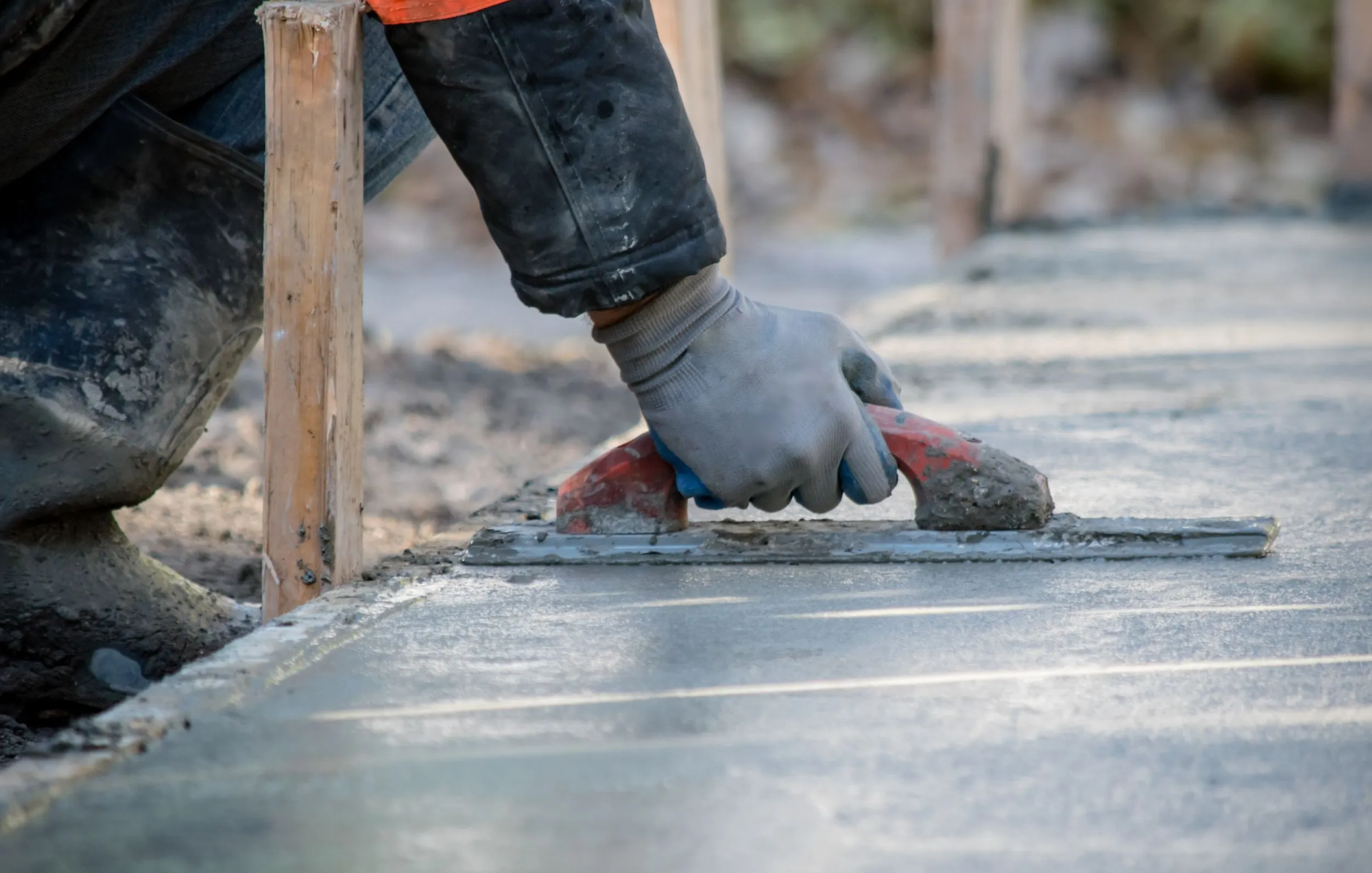





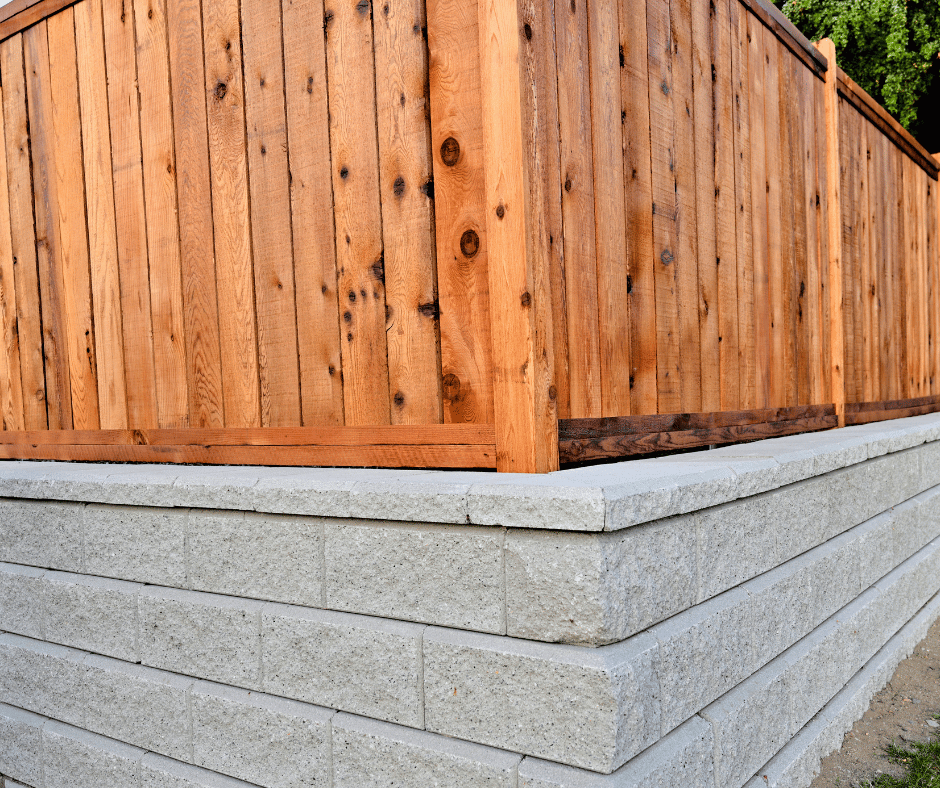



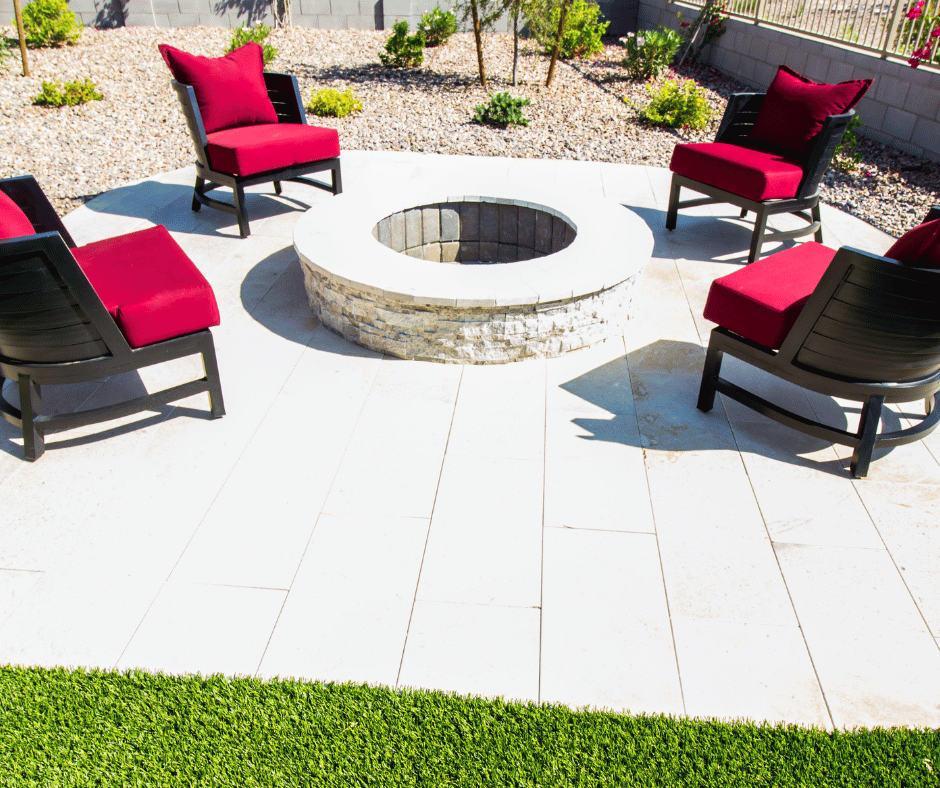



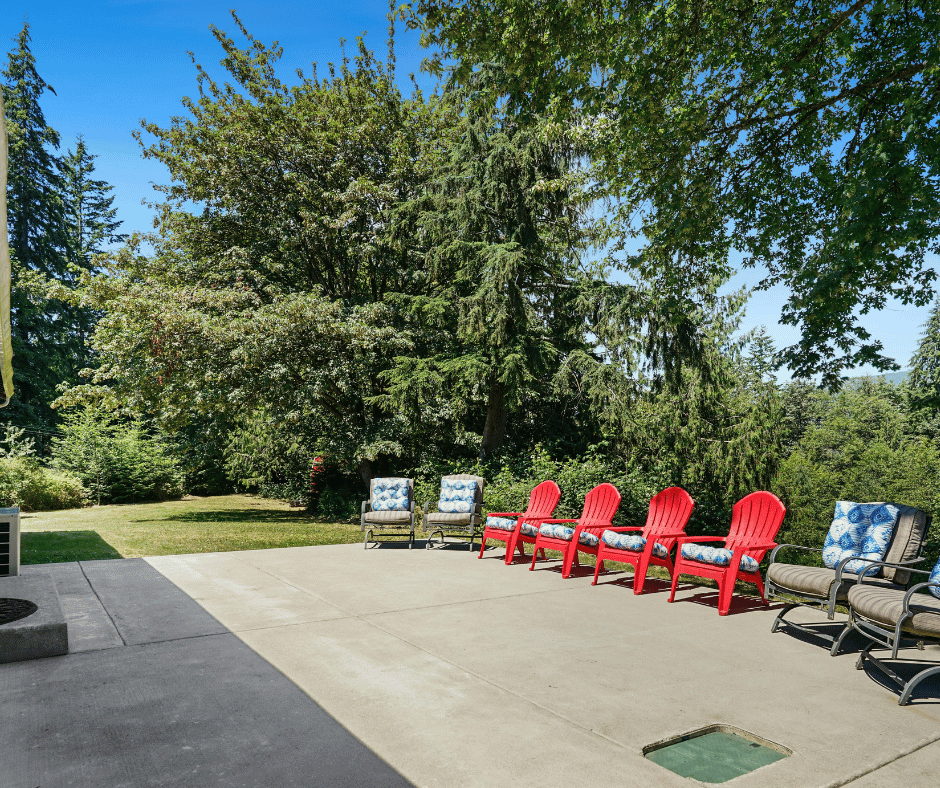



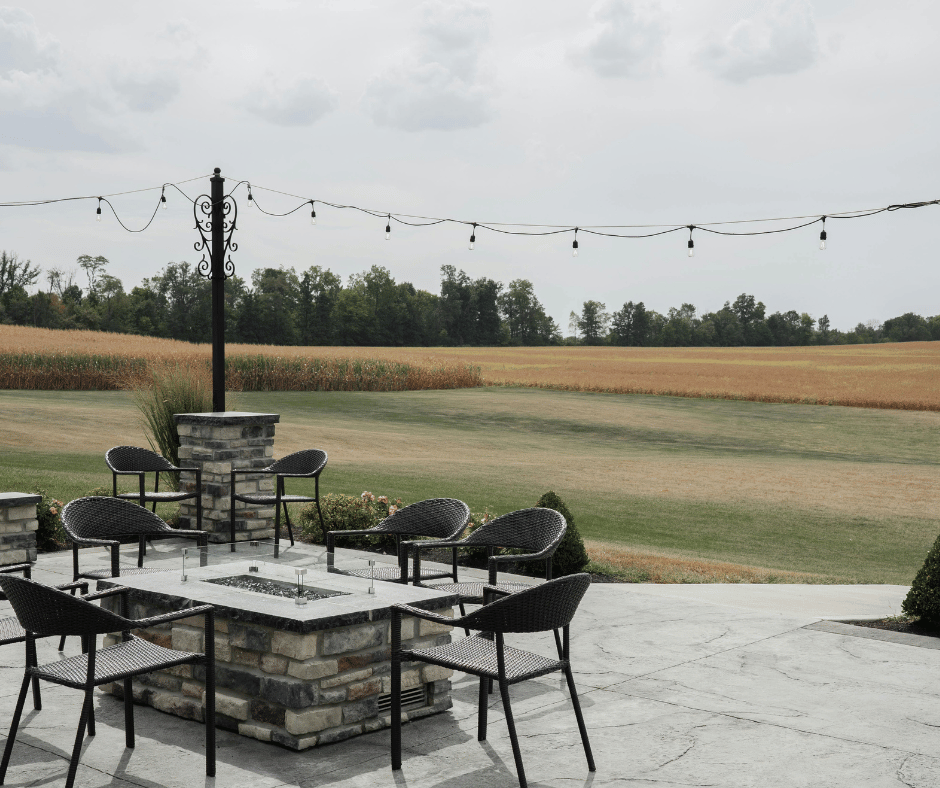



.png)



.png)



.png)



.png)



.png)



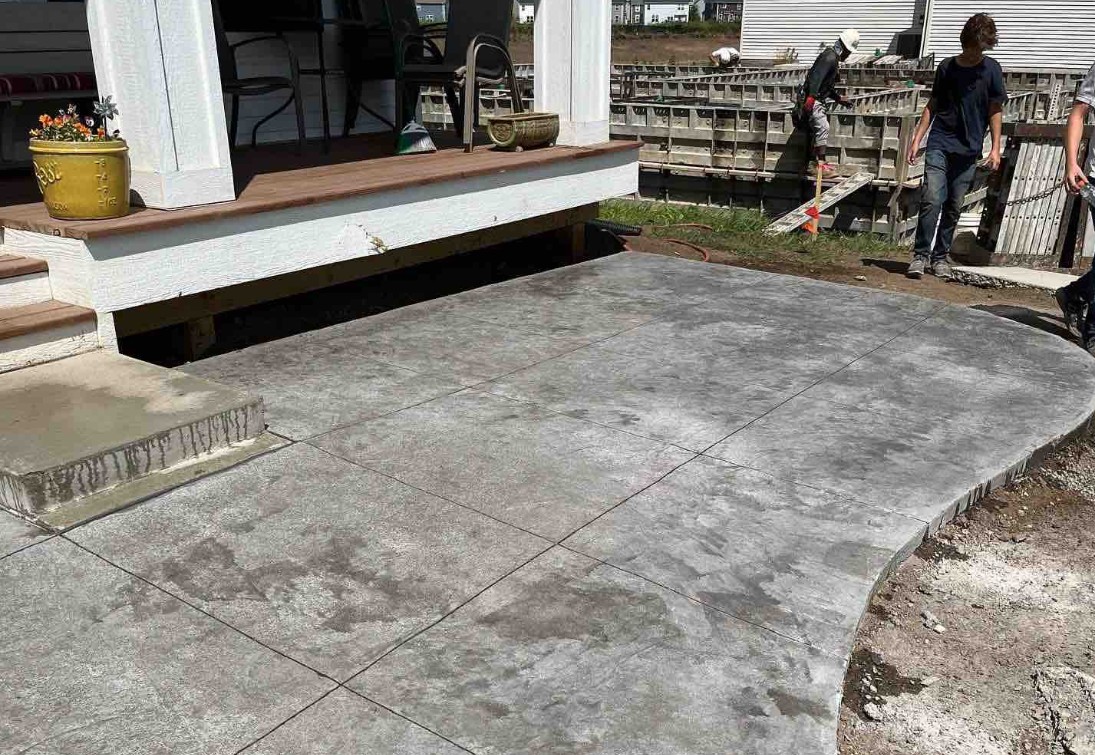



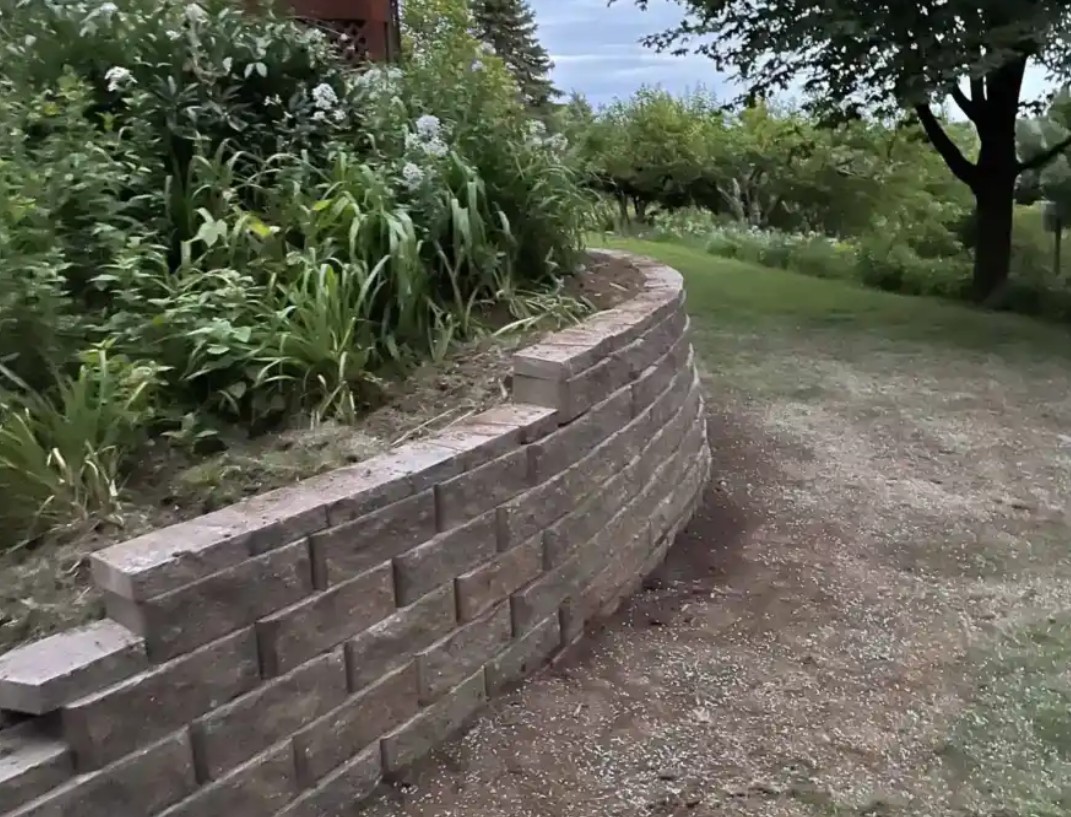



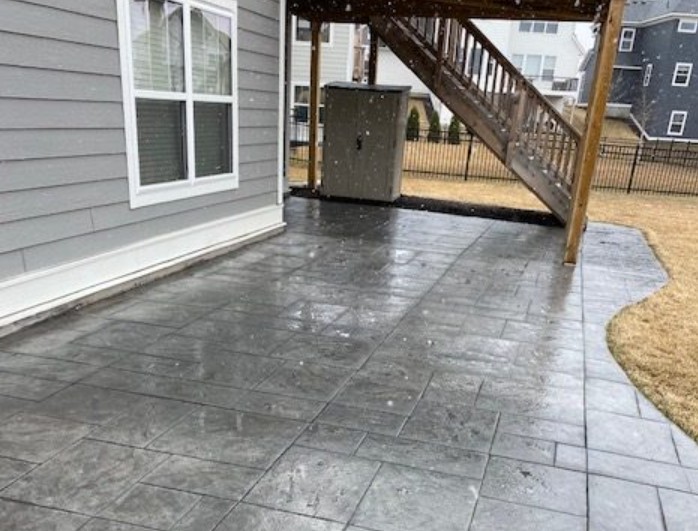



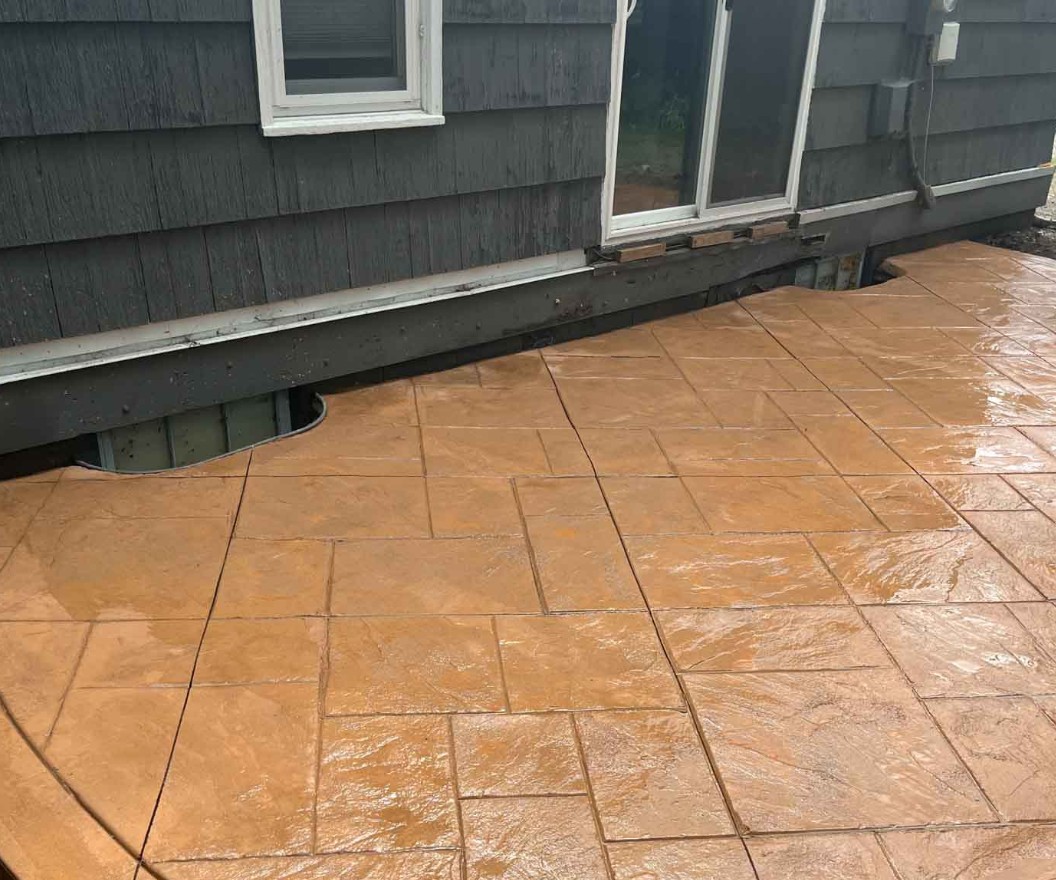



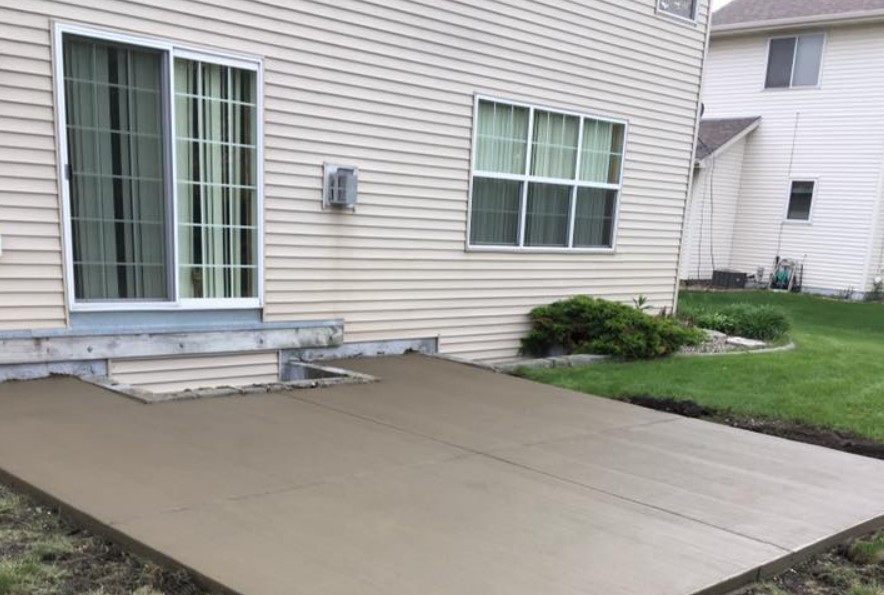



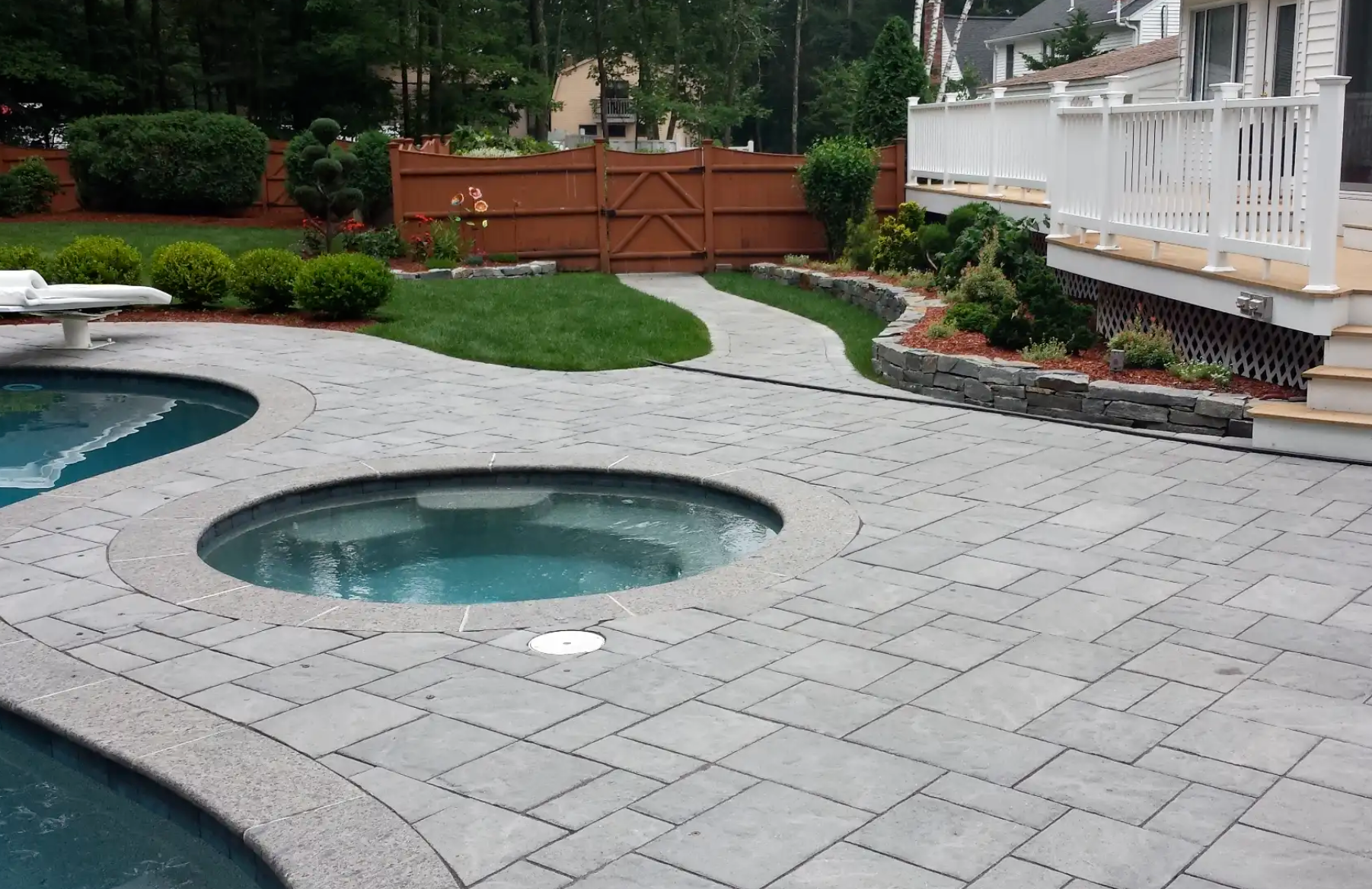



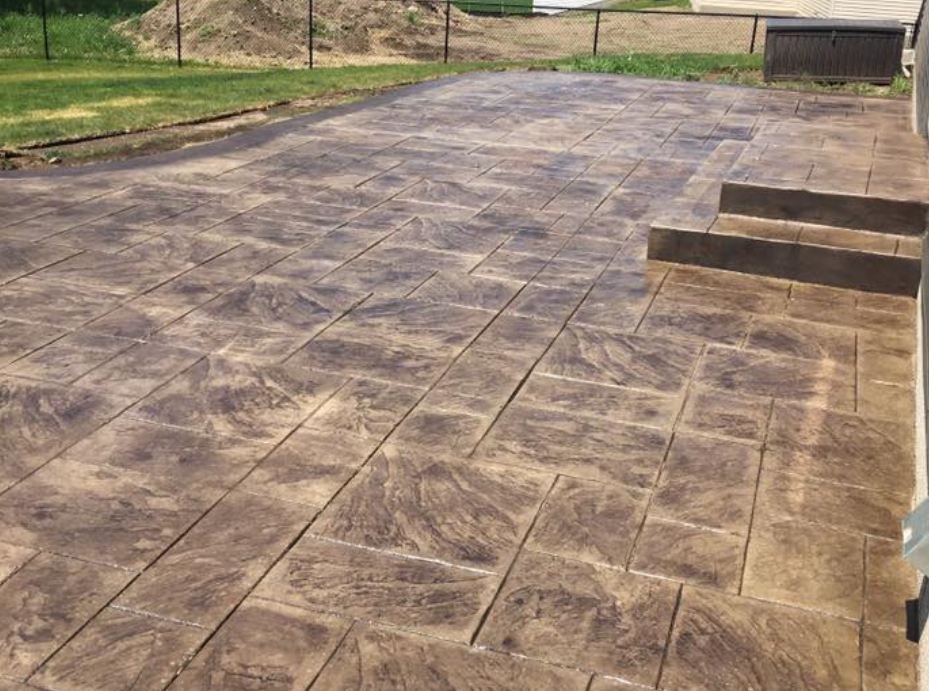



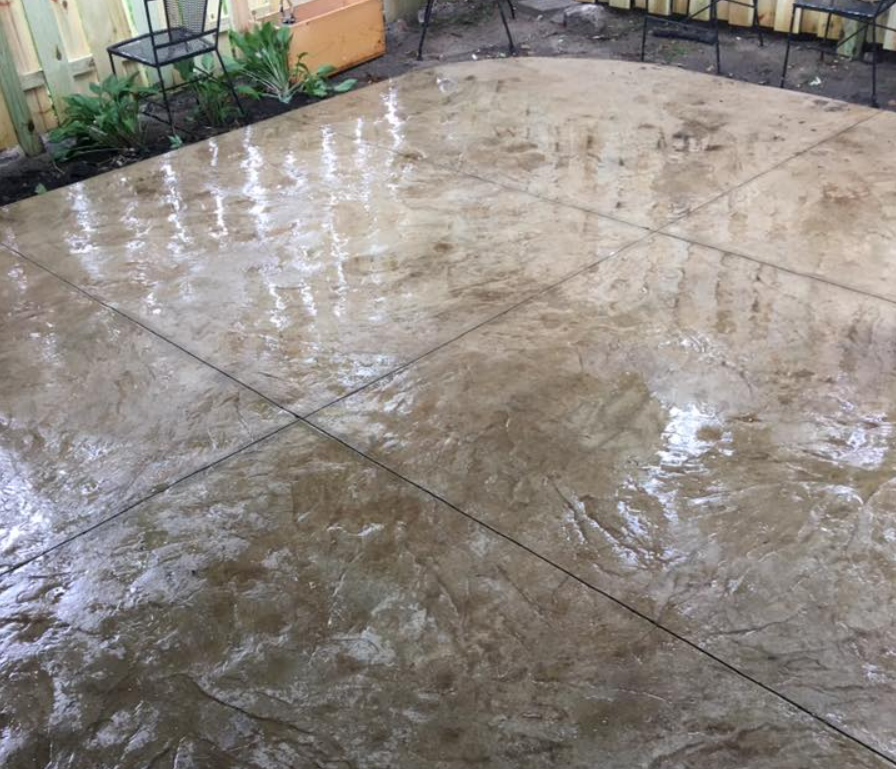



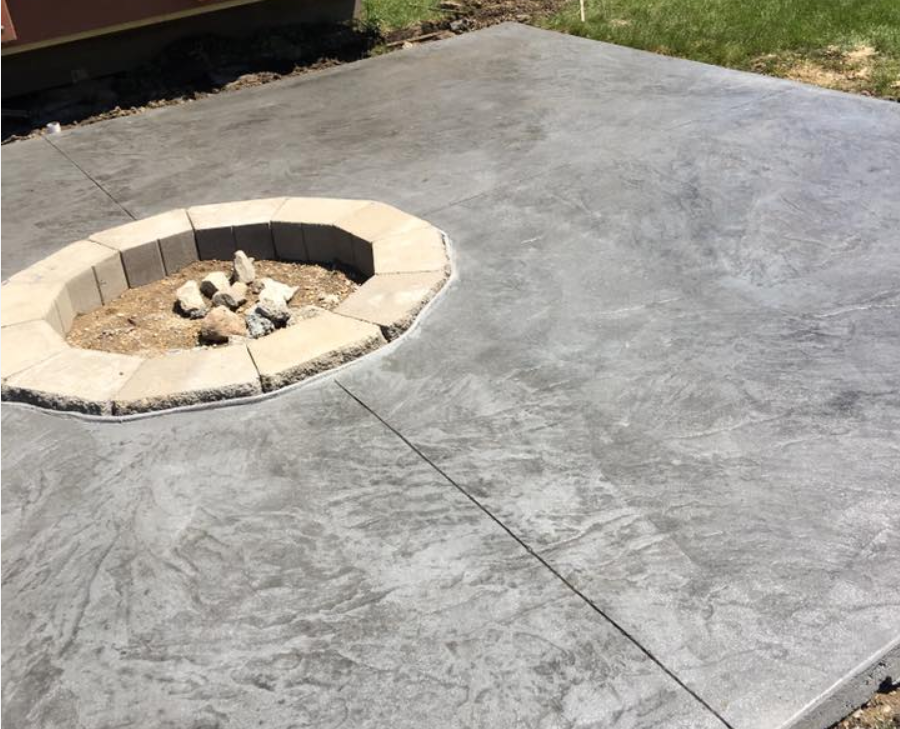



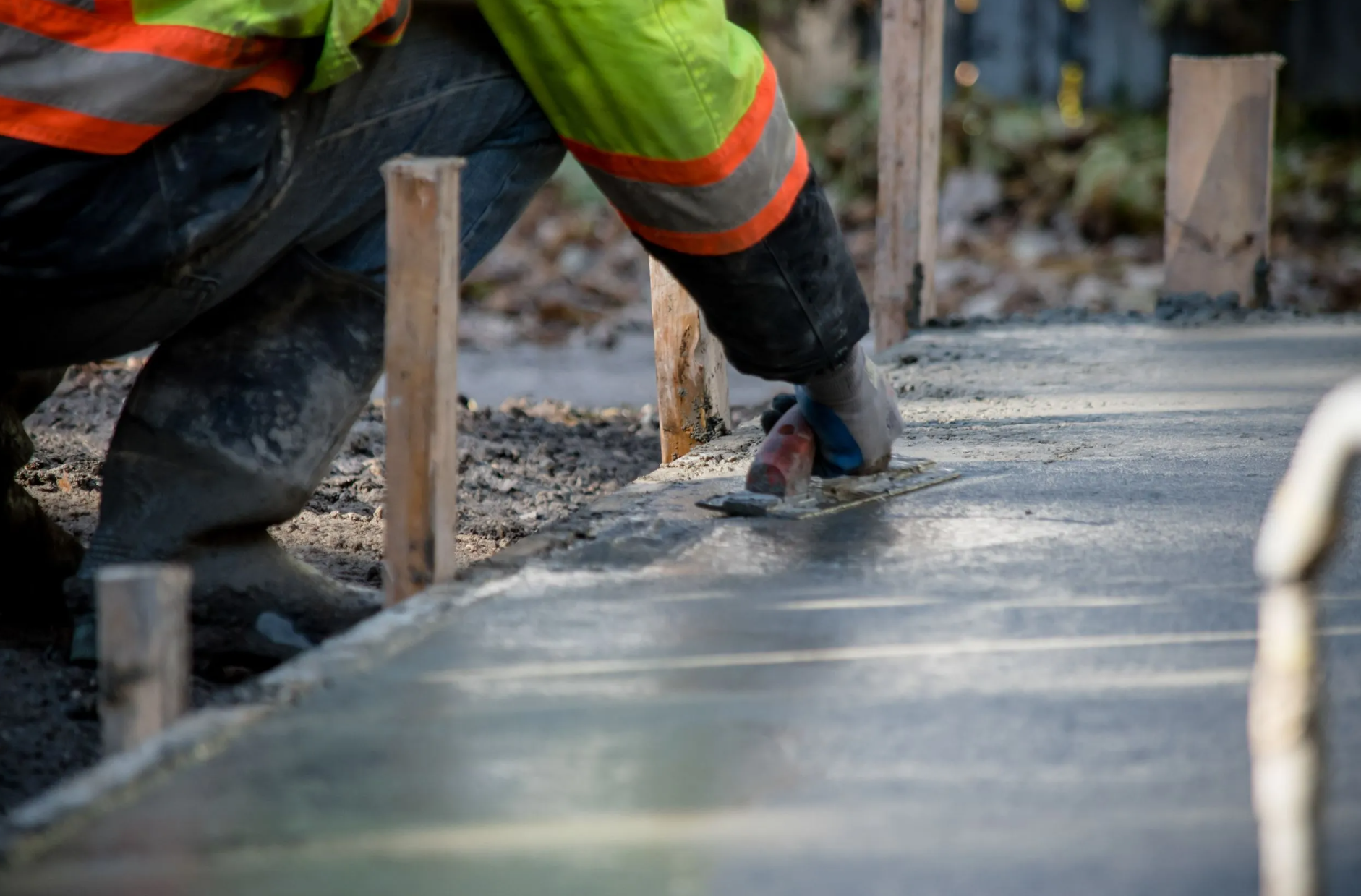











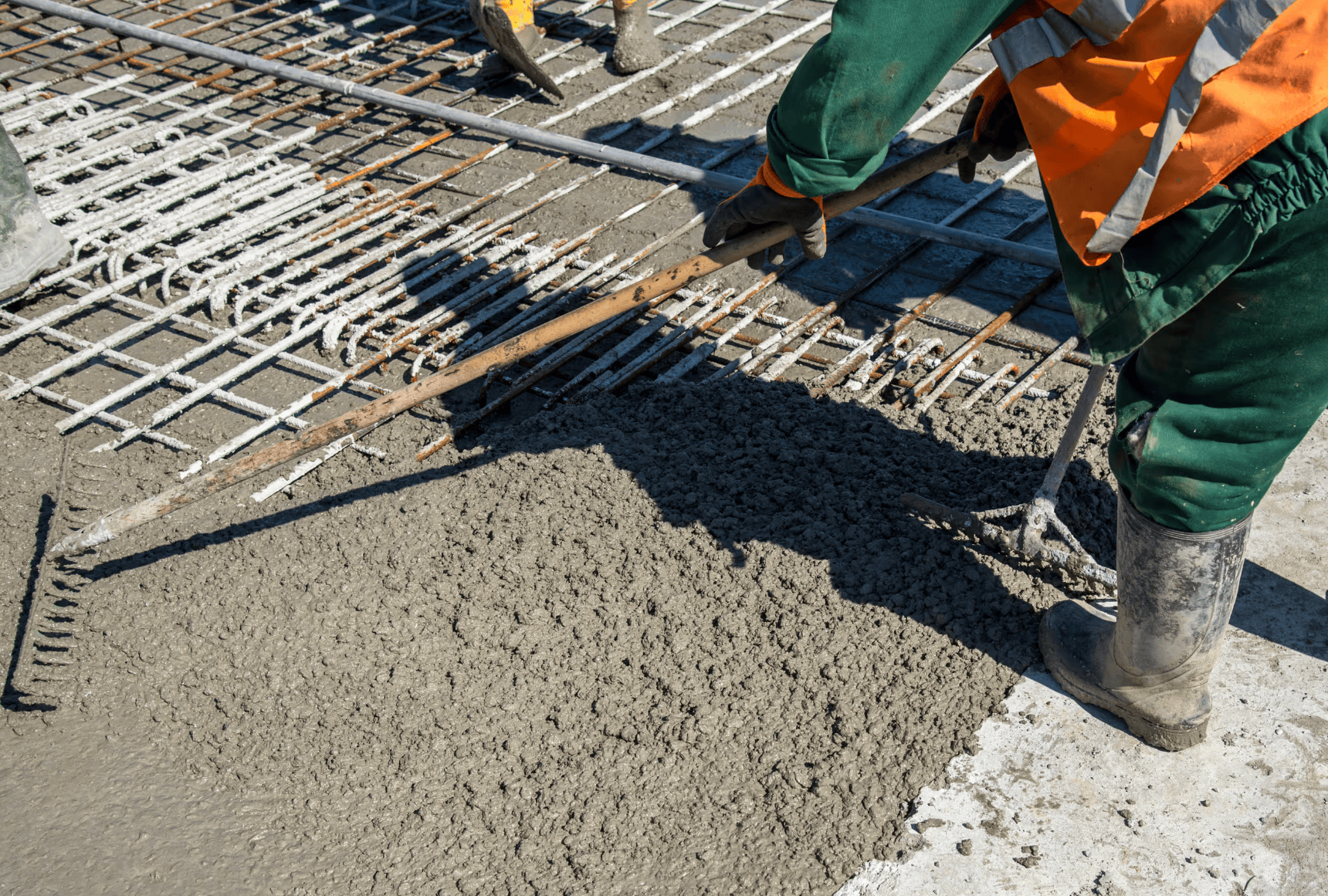



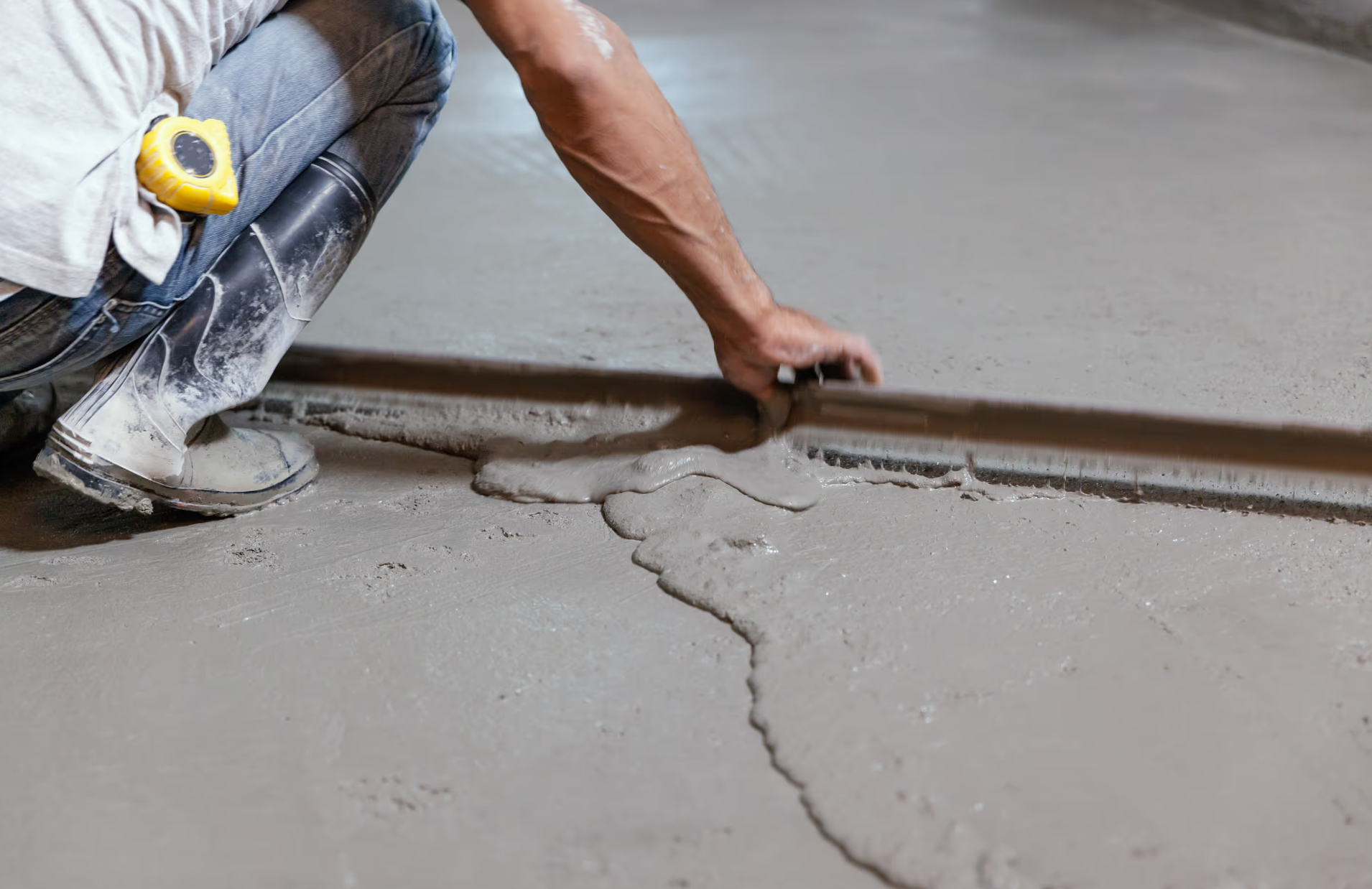























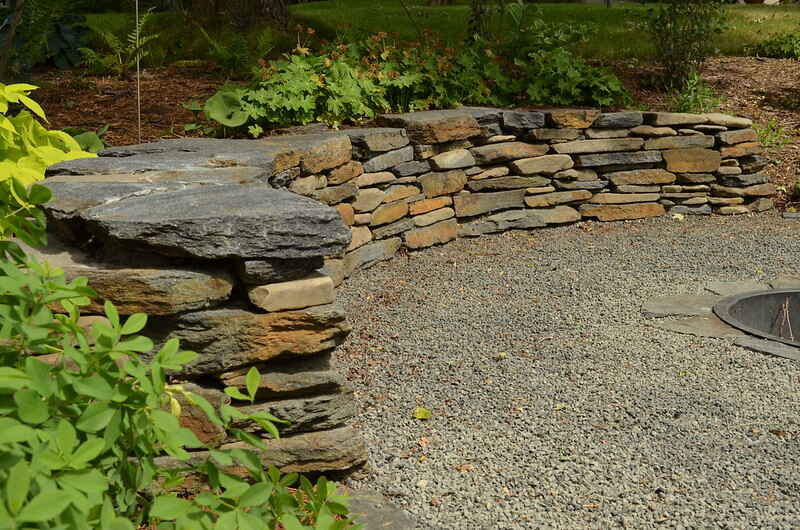



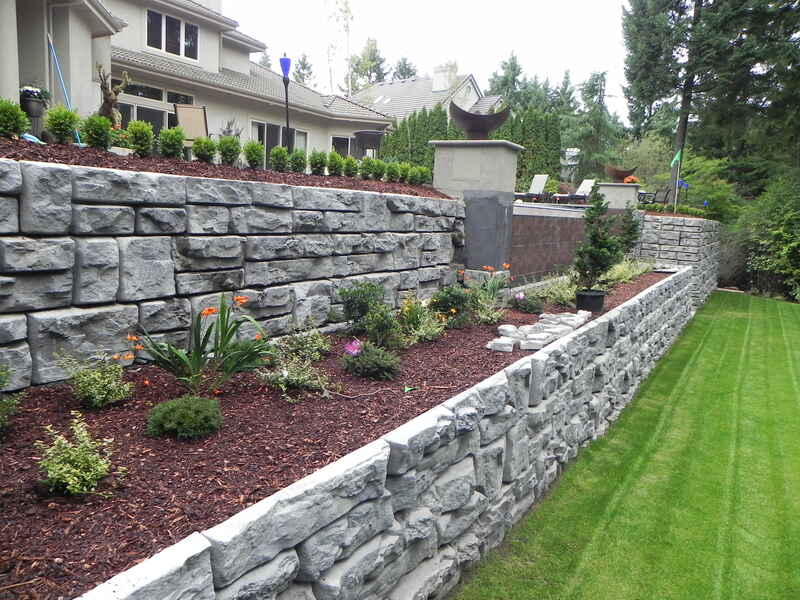







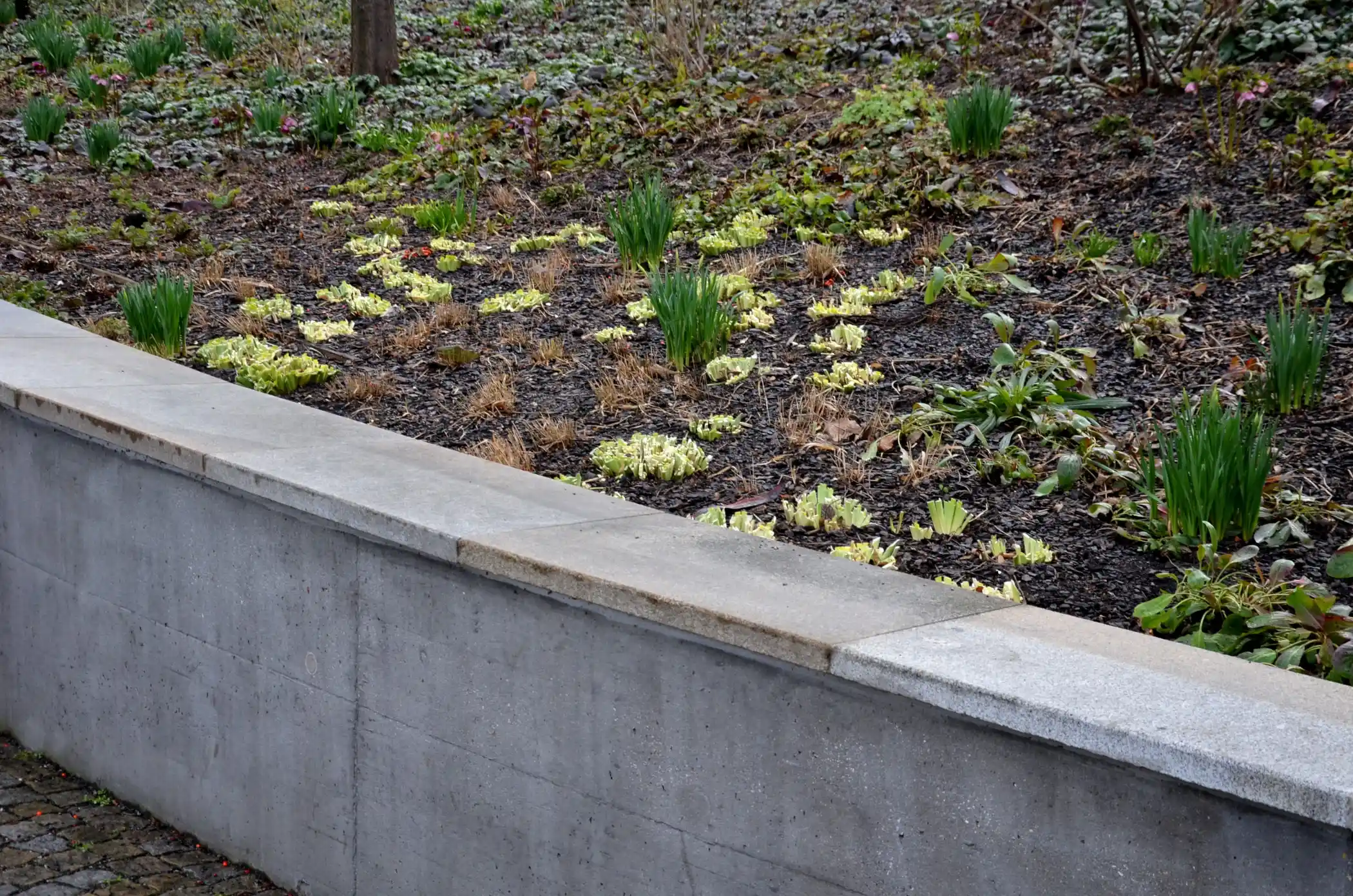







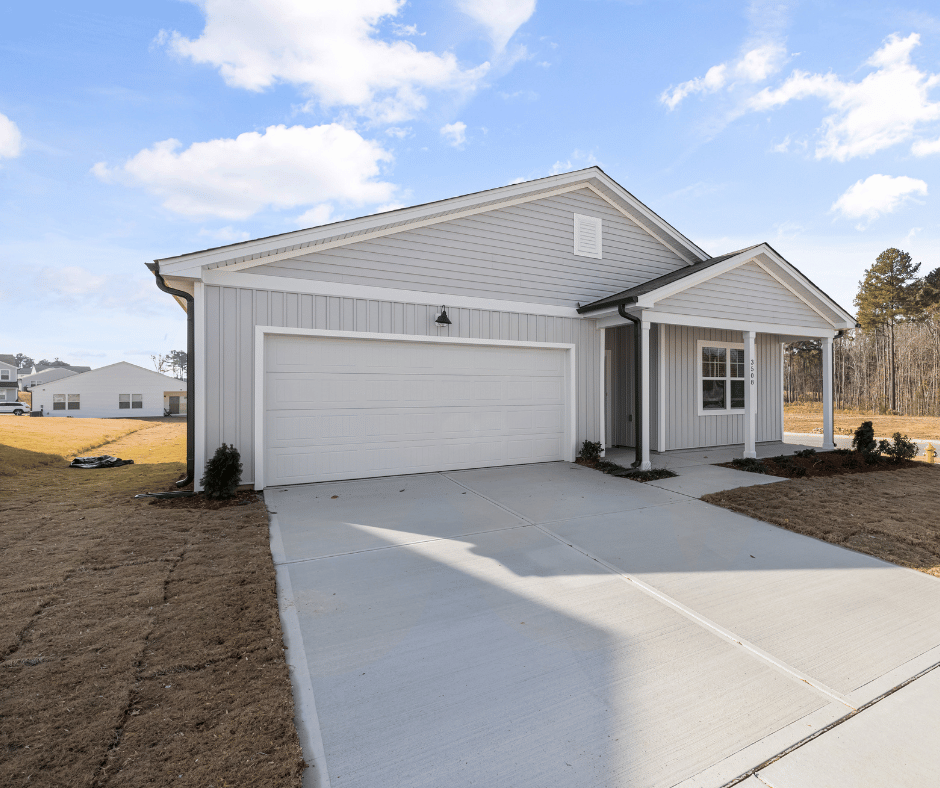



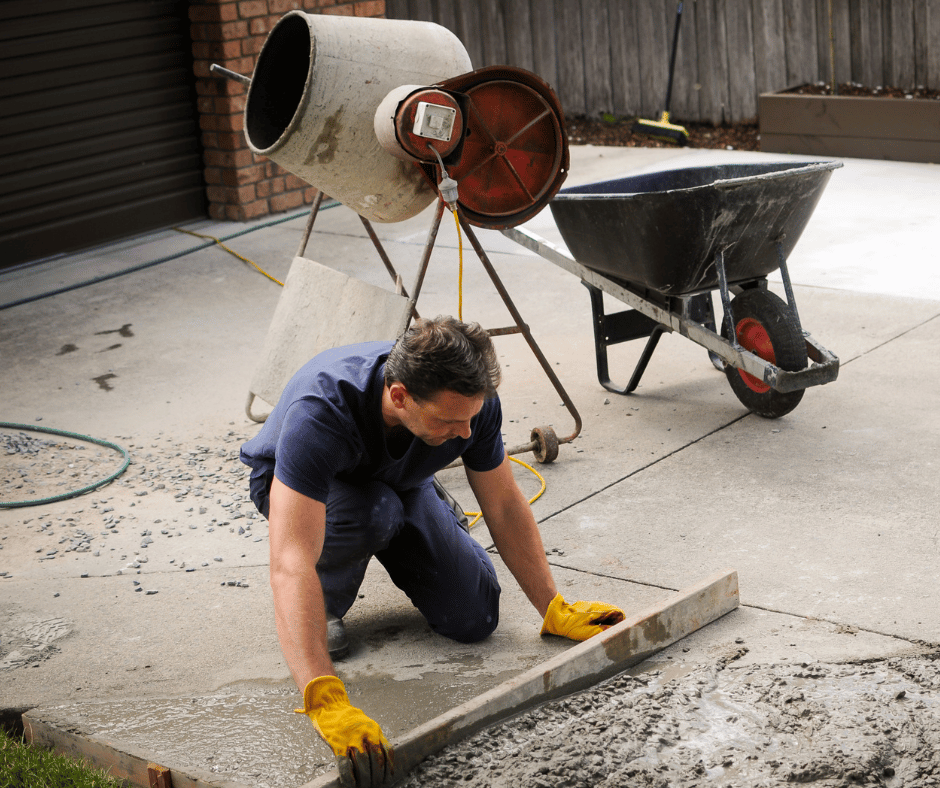



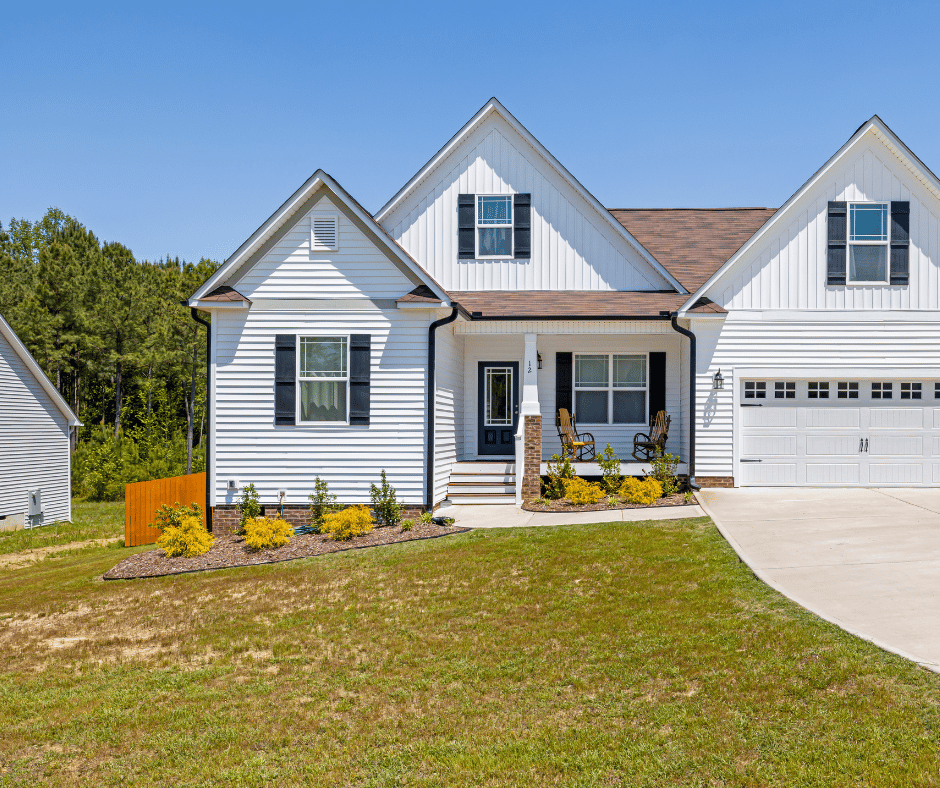



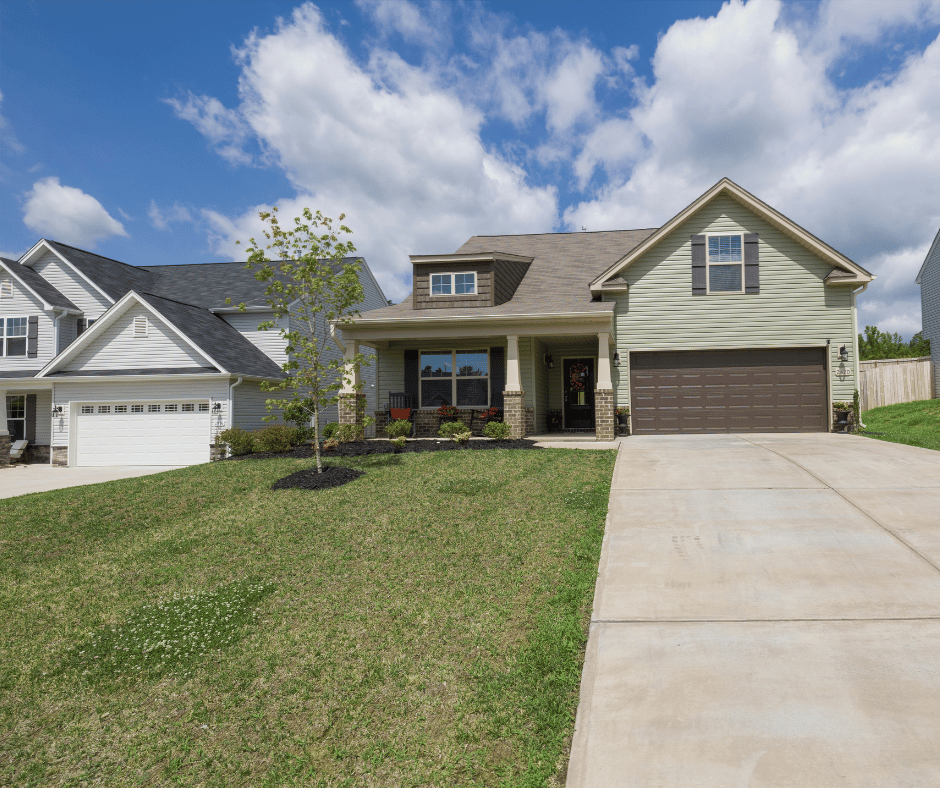



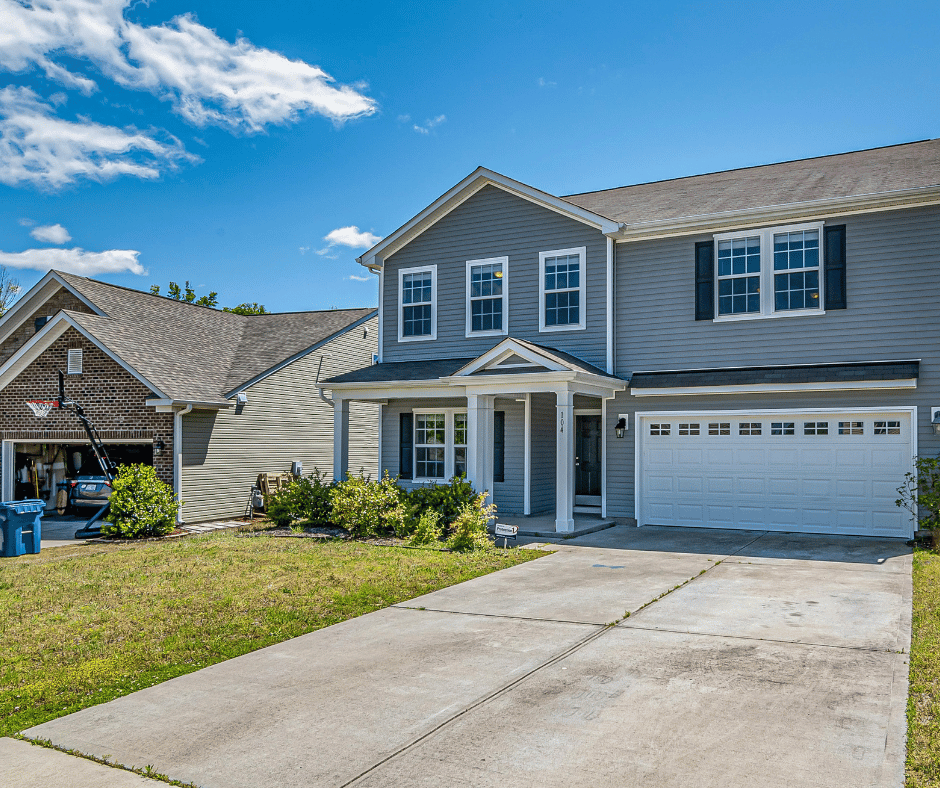











.png)



.png)













































































